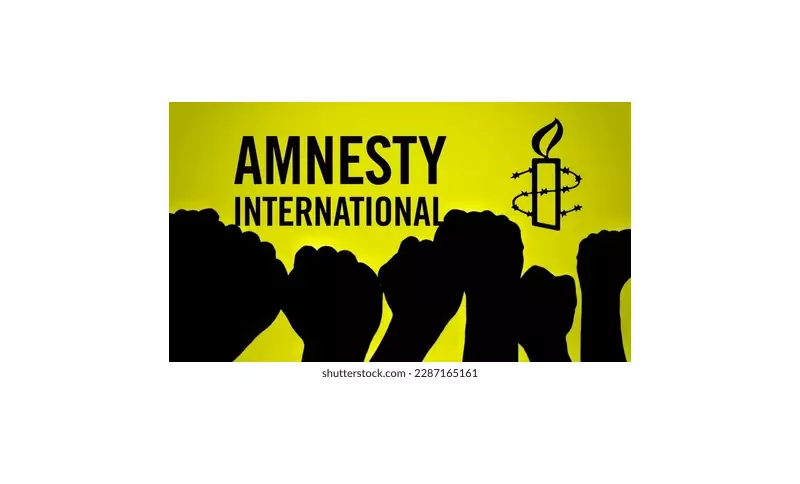
In a powerful declaration that's set to redefine civic discourse in Nigeria, Amnesty International has firmly stated that citizens have every right to criticize their leaders without fear of criminal prosecution.
Free Speech Protected by Law
During a crucial one-day training session for law enforcement and security agencies in Mokwa, Niger State, Amnesty International's Director, Isa Sanusi, delivered a message that resonated across the nation. He emphasized that the Nigerian Constitution explicitly guarantees freedom of expression, making it clear that voicing opinions about political leaders falls within legal boundaries.
What the Constitution Says
"The Nigerian Constitution guarantees freedom of expression," Sanusi stated unequivocally. "Expressing your opinion about the President or governor is not a crime." This bold assertion comes at a time when many Nigerians have expressed concerns about shrinking civic space and increasing intimidation of government critics.
Training Security Forces on Human Rights
The training session, organized in collaboration with the Global Rights Group, brought together key security personnel to enhance their understanding of fundamental human rights principles. The initiative aims to bridge the gap between law enforcement practices and constitutional protections for Nigerian citizens.
Sanusi further elaborated that security agencies must operate within the confines of the law, respecting citizens' rights while maintaining public order. This approach, he argued, would foster better community relations and build public trust in security institutions.
A Message to All Nigerians
The Amnesty International director's statement serves as both reassurance to ordinary citizens and a reminder to authorities. It reinforces that democratic participation includes the right to hold leaders accountable through peaceful expression and criticism.
This development marks a significant moment in Nigeria's democratic journey, emphasizing that the freedom to speak one's mind about those in power isn't just a privilege—it's a constitutionally protected right that forms the bedrock of any thriving democracy.





